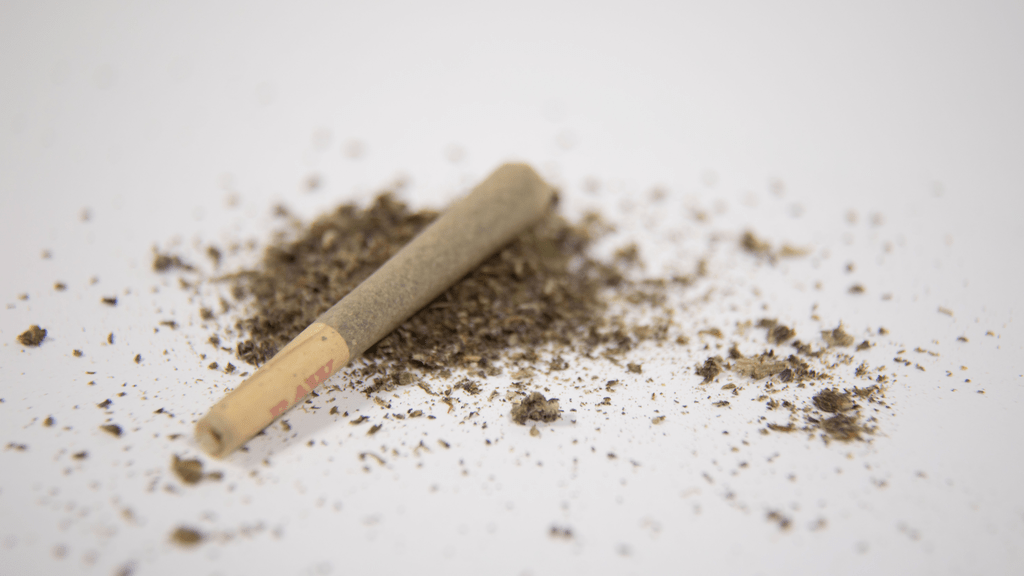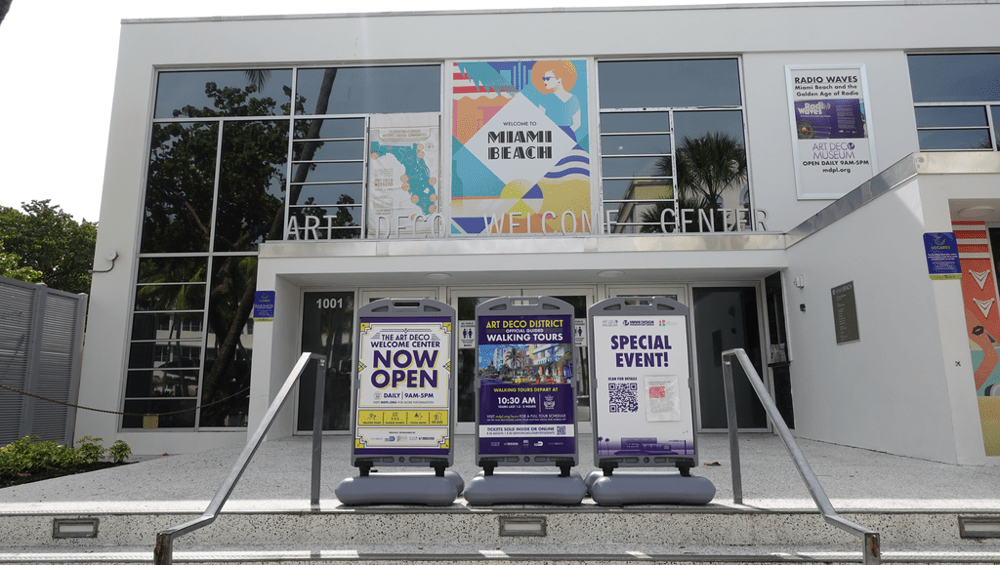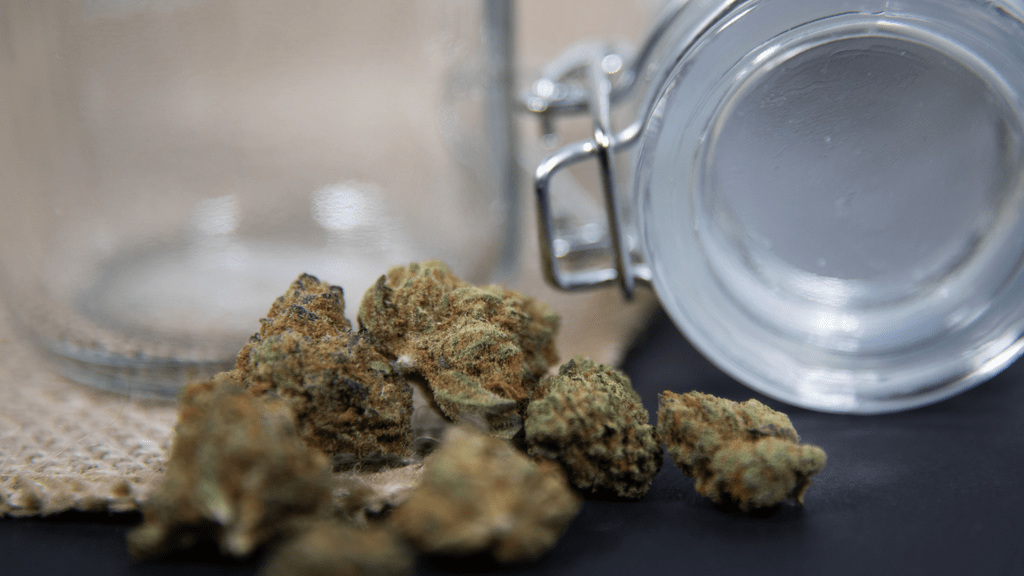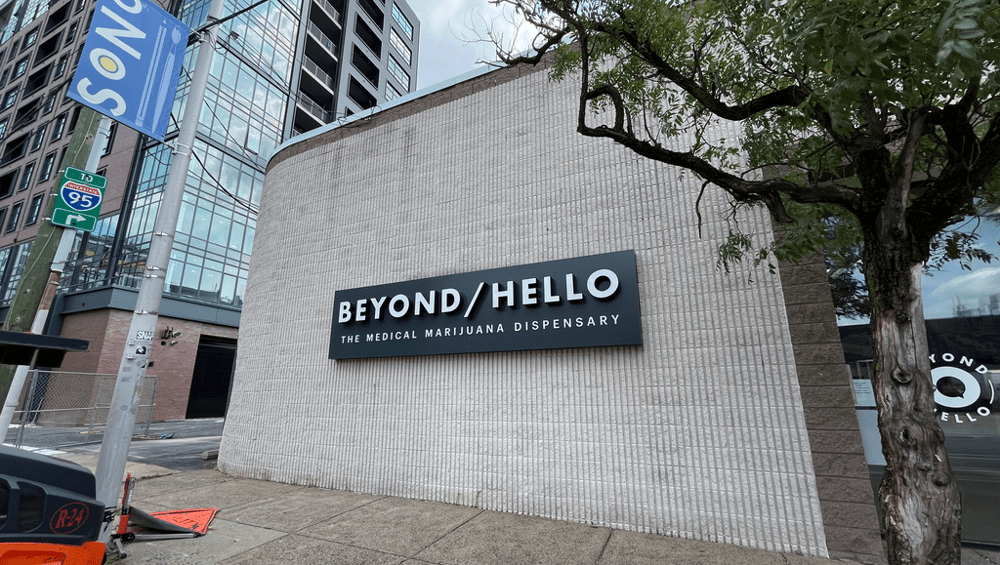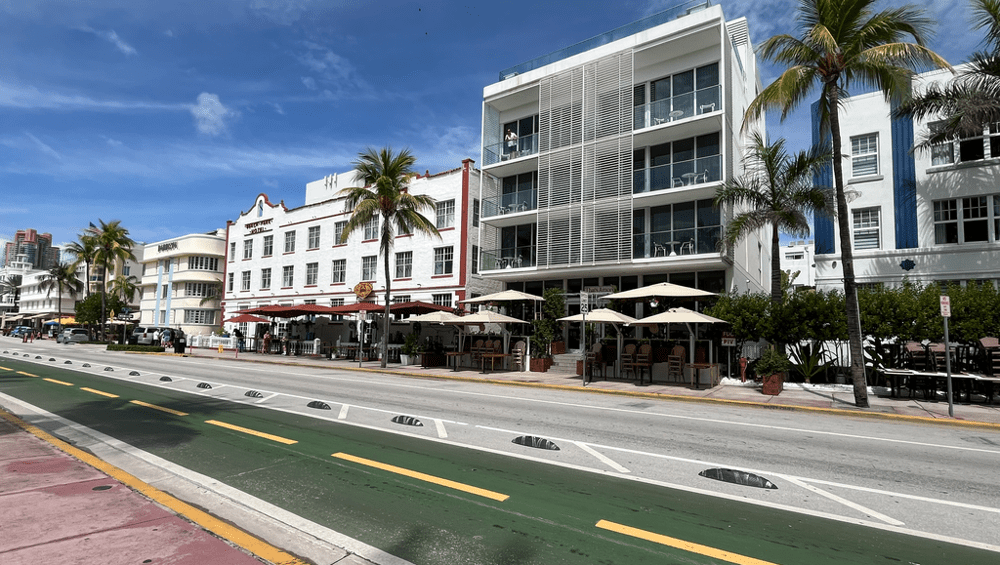Florida’s evolving cannabis landscape has brought new hope—but stigma remains an under‑examined barrier. Has the negative image of cannabis really faded in Florida? A look at public opinion research, patient experiences, and policy debates reveals that stigma has diminished, but it has not disappeared.
Over the past decade, Florida legalized medical marijuana in 2016 via Amendment 2 (60% threshold) and later allowance to smoke was reinstated in 2018. A proposed recreational amendment in November 2024 narrowly failed with 56% support, just shy of the 60% required. That majority reflects broad acceptance—but the failure also points to lingering opposition.
Public sentiment shows mixed signals. National polling in July 2025 finds that a majority of Americans favor legalization, citing shifts from 12% support in 1969 to around 70% in 2023. In Florida, 2024 polls showed 56–66% support for Amendment 3, but anti‑legalization campaigning by groups and cautious messaging by influential leaders like Governor DeSantis dampened momentum. Opponents stressed concerns over corporate influence, public nuisance, and community impacts—framing legalization as risky and reinforcing stigma.
Within Florida’s medical marijuana community, stigma persists. A 2023 qualitative study of South Florida young adults found that even consumers encountered psychosocial barriers, weighed medical benefits against perceived risk to mental or cardiovascular health, and felt judged by peers or family. A separate Florida-based survey of MMJ patients noted many see social stigma—especially around workplace drug tests—and often conceal their status from employers or doctors alike.
Healthcare professionals remain cautious. Research on physician attitudes nationwide—not Florida‑specific—but applicable regionally, indicates that some clinicians still perceive medical cannabis users with skepticism. Doctors may hesitate to become certified or prescribe it due to lingering professional stigma tied to its Schedule I status.
Policy developments show progress—but not full acceptance. Florida legislators have moved to reduce discrimination: bills introduced in 2025 would protect medical marijuana patients from adverse decisions in custody, employment or positive drug tests. These reforms aim to diminish stigma by safeguarding rights—but they remain under debate.
At the same time, Florida’s rejection of recreational legalization—even in face of majority support—signals that stigma still swings public policy. Anti‑legalization framing emphasized smell complaints, youth access, addiction fears, corporate greed; these narratives shaped enough voters to stop the measure.
Overall, stigma around cannabis in Florida has lessened, especially among medical patients and younger demographics, and public support has grown. That said, its negative reputation has not fully gone away. Many Floridians still experience fear of discrimination at work or in social circles. Medical professionals and employers may still hold outdated beliefs, and policy resistance remains strong enough that recreational legalization just missed the mark. Continued education, legal protections, and normalization in healthcare and workplace settings are essential to chip away at lingering stigma.
Florida’s journey forward depends on converting broad acceptance into concrete rights and everyday comfort. Until that happens, negative stigma may shrink—but it still exists in pockets of policy, society, and perception.

